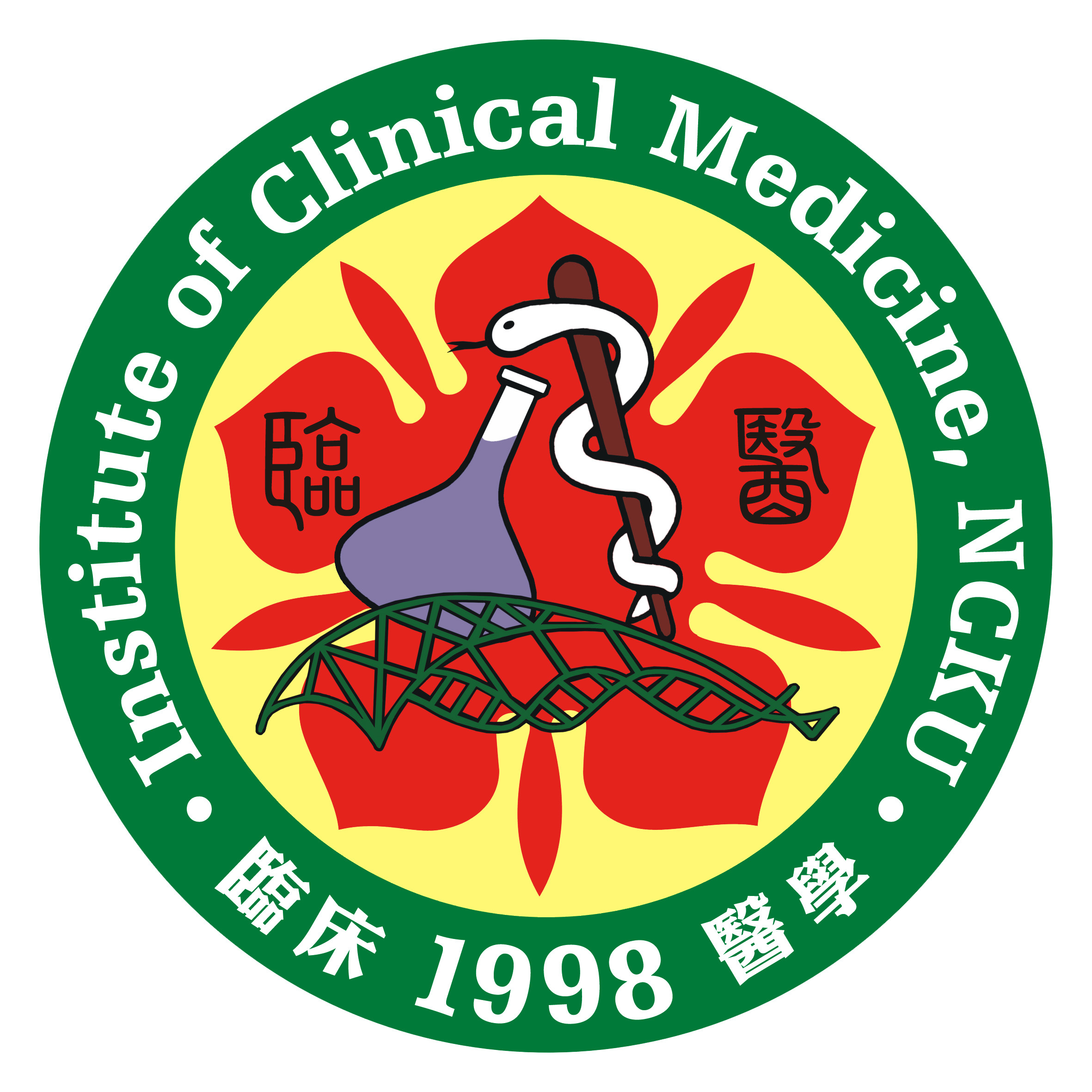許育祥 老師, Targeting IL-20 alleviates inflammatory mechanical allodynia and reduces epidural fibrosis in post-laminectomy syndrome rat model., Int Immunopharmacol . 2025 Jan 27:146:113882.
Abstract
Background: Post-laminectomy syndrome (PLS) manifests as recurrent chronic back pain, with or without radiating leg pain, affecting 10-40% of patients following laminectomy. While surgical interventions can alleviate recurrent disc herniation or joint instability, medical management of PLS remains challenging due to unsatisfactory outcomes. Epidural fibrosis is a frequent cause of PLS, leading to nerve root tethering and dural sac compression. This study aimed to investigate the role of interleukin-20 (IL-20) in the development of epidural fibrosis and the pathogenesis of PLS.
Methods: A rat model of PLS was used to investigate IL-20 production and its impact on downstream fibrotic biomarkers. Spinal tissues from L1-2 segments were analyzed for cytokine and fibrotic marker expression. Primary fibroblasts were isolated from PLS rats and cultured to assess IL-20 receptor expression. The functional effects of IL-20 on fibroblasts were evaluated, including its impact on cytokine production, fibrotic marker expression, and cell proliferation. Additionally, the efficacy of IL-20 inhibition using the anti-IL-20 monoclonal antibody (mAb) was investigated in relation to epidural fibrosis and the severity of PLS.
Results: A significant increase in IL-20 production was observed along with increased expression of TGF-β, IL-1β, MCP-1, collagen-1, and fibronectin-1 in the L1-2 spinal segments of PLS rats. Treatment with the anti-IL-20 mAb significantly reduced epidural fibrosis and improved functional outcomes in the PLS rat model. Mechanistically, primary fibroblasts from PLS rats expressed IL-20 receptors, and IL-20 stimulation significantly increased IL-1β, TNF-α, and TGF-β levels, along with upregulated fibrotic markers, including fibronectin-1 and collagen-1. IL-20 also enhanced fibroblast proliferation and α-SMA production but did not alter MCP-1 levels.
Conclusion: IL-20 is implicated in promoting epidural fibrosis and may contribute to the pathogenesis of PLS through the modulation of fibroblast function. Targeting IL-20 could represent a potential therapeutic approach for managing PLS.
The translational potential of this article: This study demonstrates that blocking IL-20 with an anti-IL-20 mAb significantly reduces epidural fibrosis and improves pain-related outcomes in a rat model of PLS. These findings suggest that targeting IL-20 could represent a promising new therapeutic strategy for alleviating PLS symptoms and improving recovery.
Keywords: Epidural fibrosis; IL-20; Post-laminectomy syndrome.
